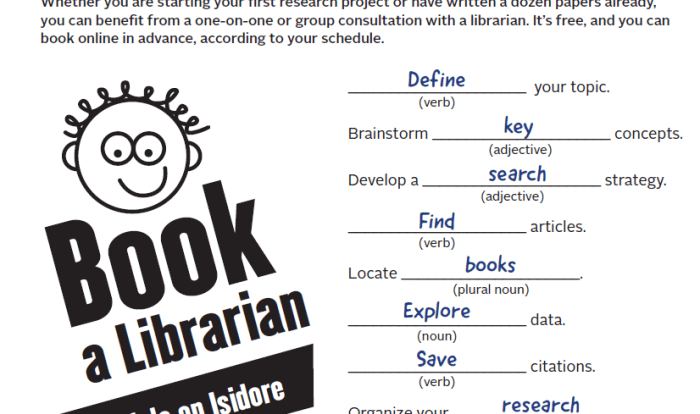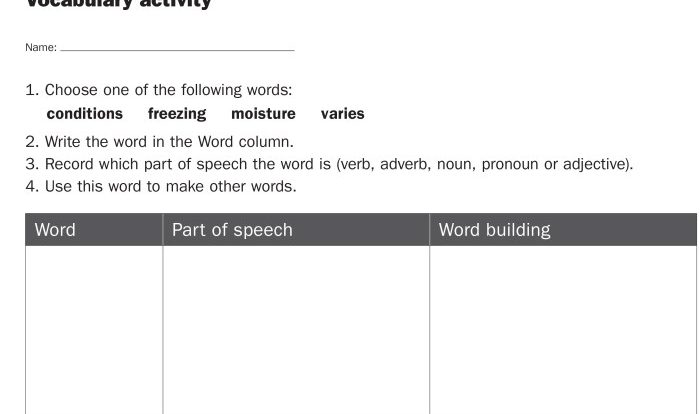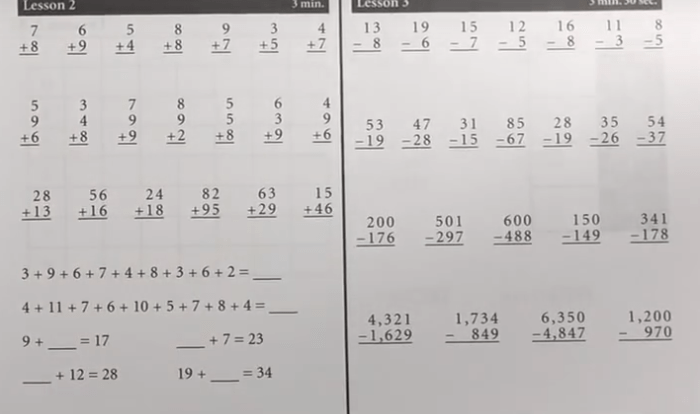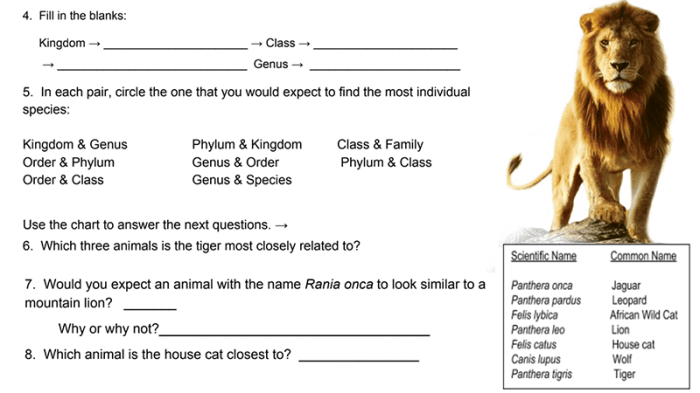The geometry final exam with answers PDF is an invaluable resource for students preparing for their final exam. This document provides a comprehensive overview of the key topics covered on the exam, as well as detailed solutions to all of the questions.
By studying this document, students can gain a deep understanding of the material and improve their chances of success on the exam.
The PDF document is well-organized and easy to use. It begins with a table of contents that lists all of the topics covered on the exam. Each topic is then covered in detail, with clear explanations and examples. The answer key is located at the end of the document and provides step-by-step solutions to all of the questions.
PDF Document Structure: Geometry Final Exam With Answers Pdf
A PDF document containing a geometry final exam with answers typically follows a structured organization to present the exam questions, answer key, and relevant information in a clear and accessible manner.
Sections, Geometry final exam with answers pdf
The document is typically divided into the following sections:
- Exam Instructions:This section provides important guidelines for the exam, such as time limits, grading criteria, and any specific instructions for answering the questions.
- Exam Questions:This section presents the actual geometry questions that students need to answer. The questions may be divided into different categories based on topics or difficulty levels.
- Answer Key:This section provides the correct answers to the exam questions. The answers may be presented in a variety of formats, such as written explanations, diagrams, or numerical values.
- Grading Rubric (Optional):This section (if included) Artikels the criteria for grading the exam and provides a breakdown of the points awarded for each question or section.
Exam Content Analysis
The geometry final exam encompasses a comprehensive range of topics, delving into the fundamental concepts that constitute the discipline.
The questions posed in the exam exhibit a well-balanced distribution of difficulty levels, catering to students of varying abilities. Basic questions assess the understanding of core principles, while more advanced questions challenge students to apply their knowledge to complex geometric scenarios.
Distribution of Questions Across Geometry Concepts
The exam allocates questions across different geometry concepts in a manner that reflects their relative importance and complexity.
- Triangles:A substantial portion of the exam focuses on triangles, examining properties such as congruence, similarity, and angle relationships.
- Circles:Questions related to circles cover topics such as circumference, area, and tangent lines.
- Quadrilaterals:The exam also includes questions on quadrilaterals, including their classification, properties, and area formulas.
- Coordinate Geometry:Questions in this section assess students’ ability to apply algebraic principles to geometric problems.
- Transformations:The exam explores geometric transformations, including translations, rotations, reflections, and dilations.
- Area and Volume:Questions related to area and volume cover topics such as surface area and volume formulas for various geometric solids.
Answer Key Examination
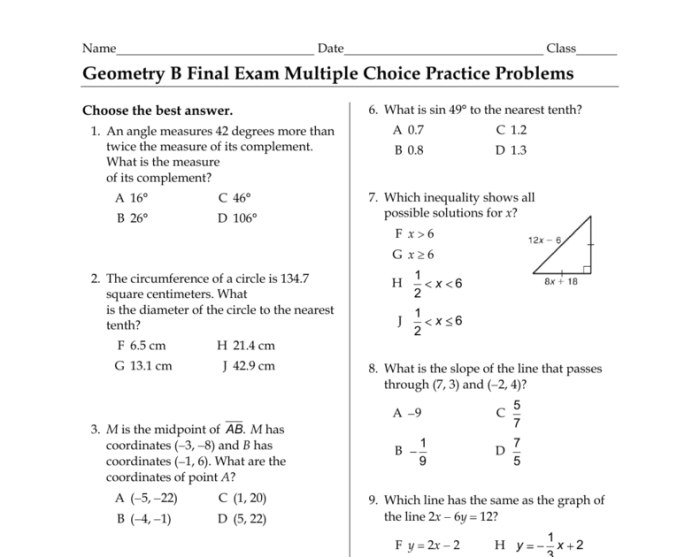
The accuracy and completeness of the provided answer key are crucial for the reliability of the examination. It is essential to verify that the answers provided are correct and address all the questions or problems presented in the exam.
Discrepancies or potential errors in the answers should be identified and addressed promptly. Any inconsistencies or incorrect information can lead to incorrect grading and impact the validity of the exam results.
Clarity and Level of Detail
The clarity and level of detail in the explanations provided for each answer are equally important. Clear and concise explanations help students understand the rationale behind the answers and enhance their learning experience.
Sufficient detail should be provided to justify the answer and demonstrate the student’s understanding of the concepts being tested. Vague or incomplete explanations may leave students with unanswered questions or a lack of confidence in the correctness of the answer.
Exam Preparation Strategies
To succeed in your geometry final exam, it is crucial to adopt effective preparation strategies that will help you maximize your understanding of the subject matter and enhance your problem-solving abilities.
By implementing a well-structured study plan, organizing your study materials efficiently, and employing time management techniques, you can reduce stress and increase your confidence during the exam.
Study Plan
- Begin by reviewing the exam content and assessing the difficulty level of each topic.
- Allocate more study time to challenging concepts and topics that carry a higher weight in the exam.
- Break down the study material into smaller, manageable chunks to avoid feeling overwhelmed.
Study Materials
Organize your study materials, including notes, textbooks, and practice problems, in a logical and accessible manner.
- Create a dedicated study space that is free from distractions.
- Utilize visual aids such as diagrams, charts, and flashcards to reinforce your understanding.
- Practice solving problems regularly to improve your fluency and accuracy.
Time Management and Stress Reduction
- Prioritize your study sessions based on the difficulty and importance of the topics.
- Take regular breaks to refresh your mind and prevent burnout.
- Practice relaxation techniques such as deep breathing or meditation to reduce stress and anxiety.
Exam Review and Practice
Exam review and practice are essential for success on the final exam. By reviewing key concepts and practicing with similar problems, students can identify areas for improvement and increase their confidence on test day.
One effective way to prepare for the final exam is to create a mock exam using questions similar to those on the actual exam. This can be done by reviewing past exams, textbooks, or online resources. Once the mock exam is created, students should attempt to solve the problems without referring to their notes or textbooks.
This will help them identify areas where they need additional review.
Answer Explanations and Solutions
After completing the mock exam, students should carefully review their answers and identify any mistakes. They should then consult their notes or textbooks to find the correct solutions and understand the concepts that they need to improve upon.
Strategies for Reviewing Key Concepts
In addition to practicing with mock exams, students should also review key concepts from the course. This can be done by creating flashcards, reviewing lecture notes, or participating in study groups. By actively engaging with the material, students can reinforce their understanding of the concepts and improve their chances of success on the final exam.
Identifying Areas for Improvement
Exam review and practice can also help students identify areas where they need additional improvement. By carefully reviewing their mock exams and identifying their mistakes, students can pinpoint the specific concepts that they need to focus on. They can then use their remaining study time to review these concepts and improve their understanding.
Essential FAQs
What is the best way to use the geometry final exam with answers PDF?
The best way to use the geometry final exam with answers PDF is to start by reviewing the table of contents to get an overview of the topics covered on the exam. Then, focus on studying the topics that you are less familiar with.
The answer key can be used to check your work and identify areas where you need additional practice.
How long should I study for the geometry final exam?
The amount of time you need to study for the geometry final exam will vary depending on your individual needs. However, it is generally recommended to start studying at least two weeks before the exam. This will give you enough time to review the material and practice solving problems.
What are some tips for doing well on the geometry final exam?
Here are some tips for doing well on the geometry final exam:
- Start studying early and give yourself plenty of time to review the material.
- Focus on understanding the concepts rather than just memorizing formulas.
- Practice solving problems regularly to improve your skills.
- Get a good night’s sleep before the exam and eat a healthy breakfast on the day of the exam.


